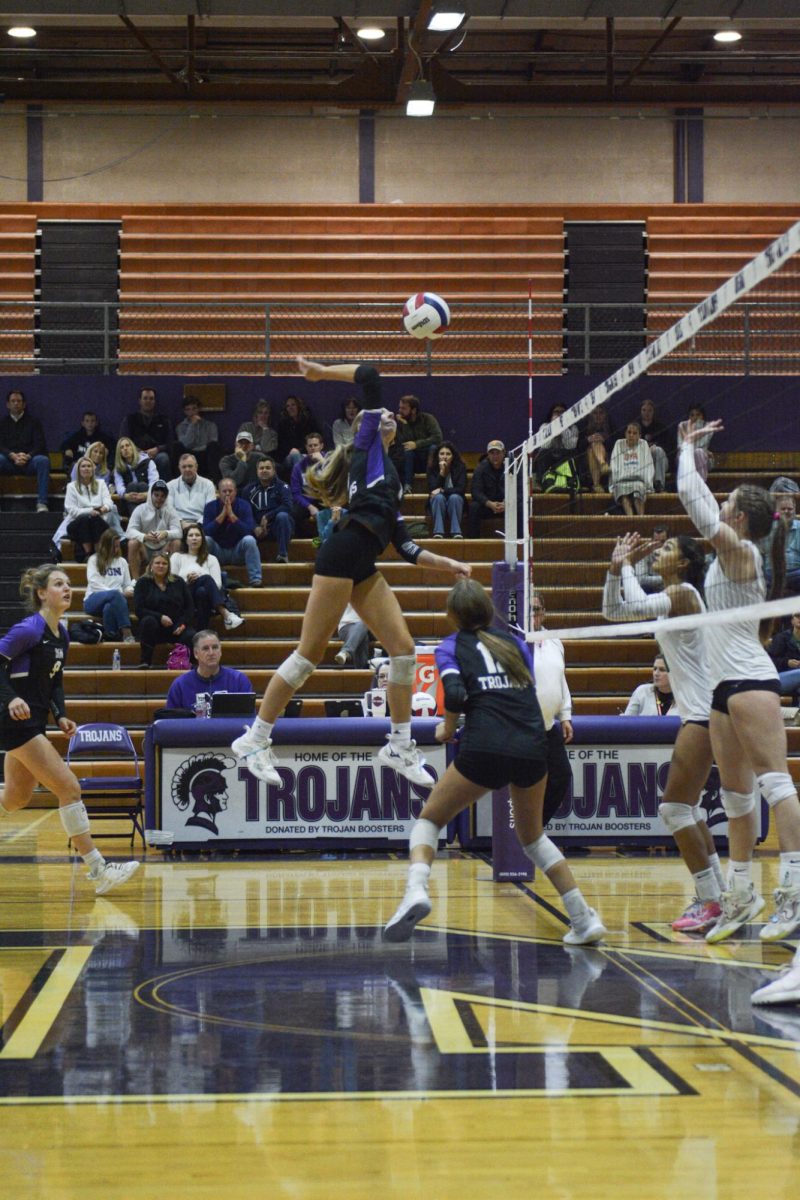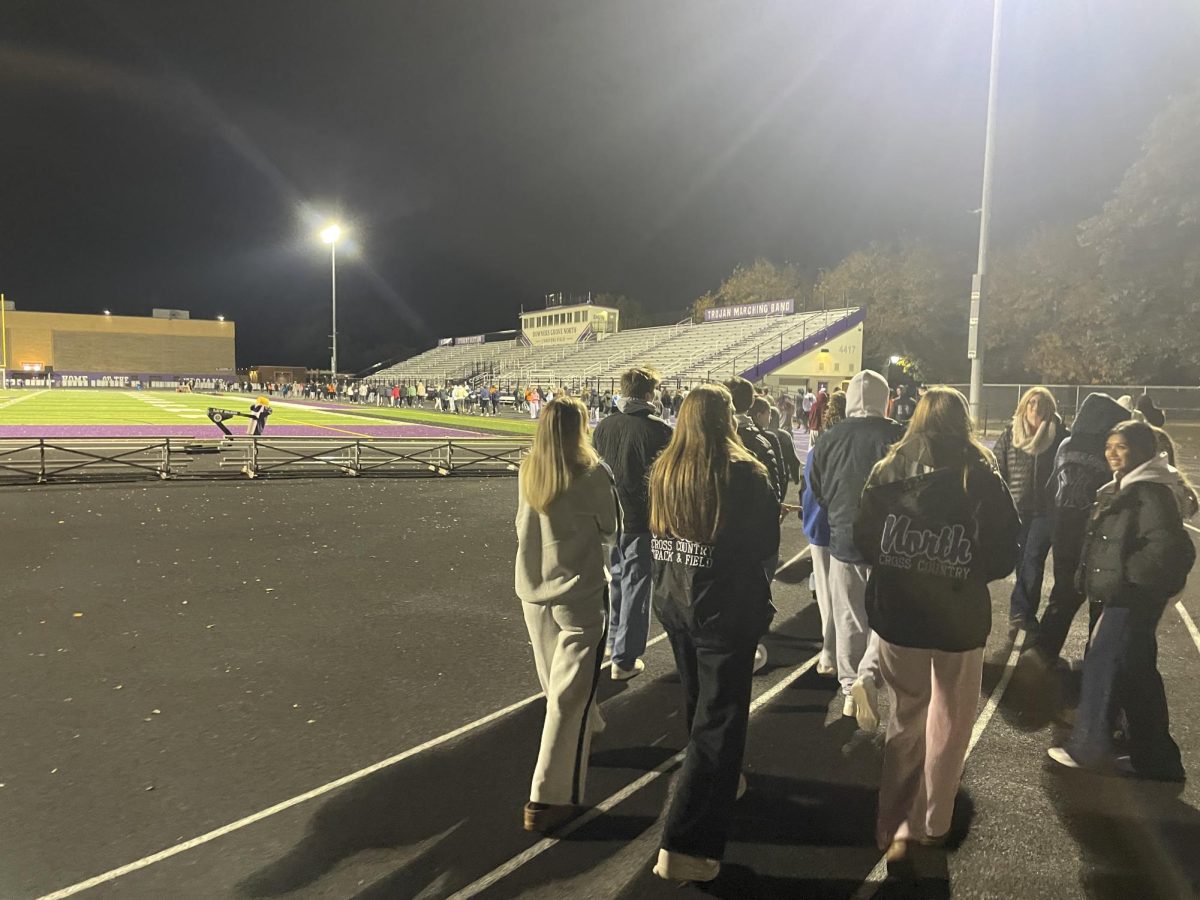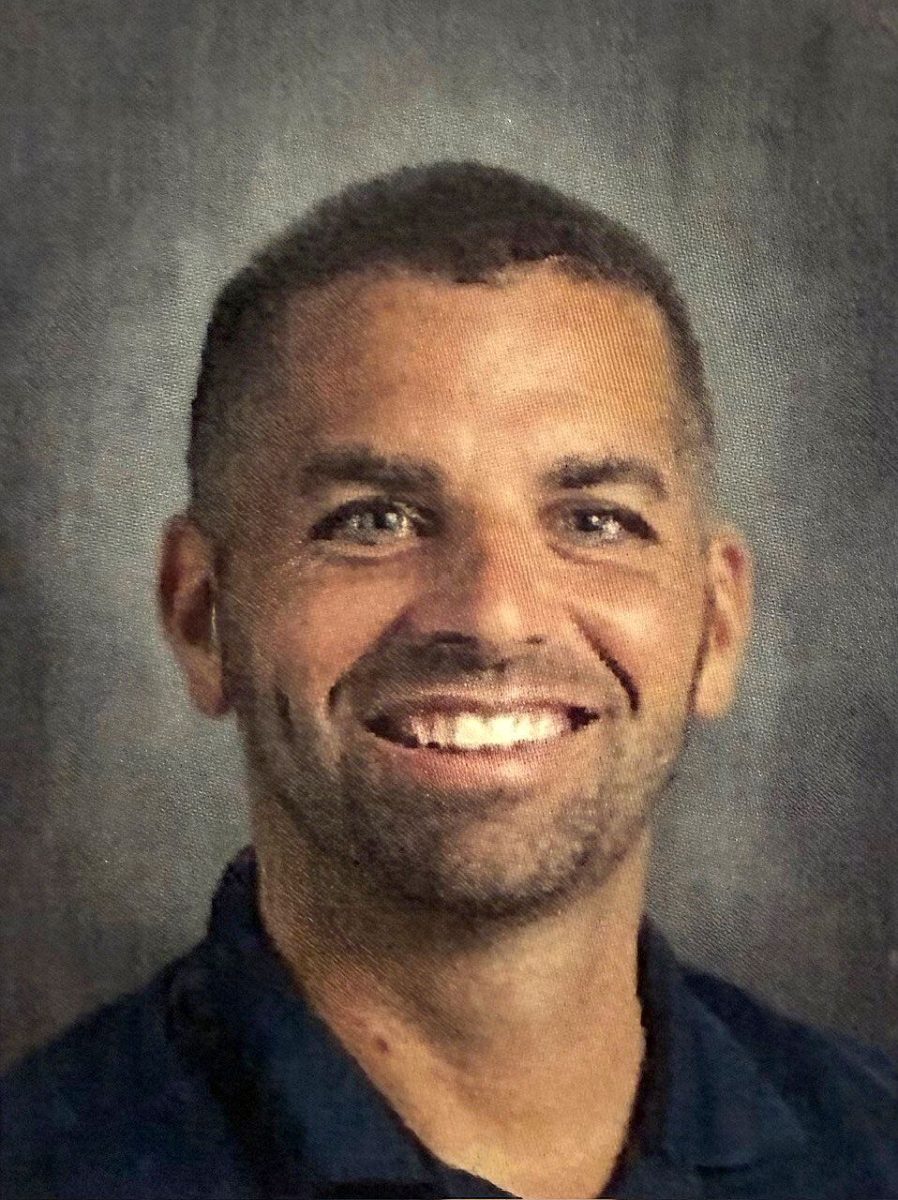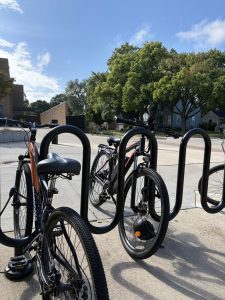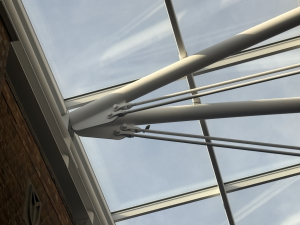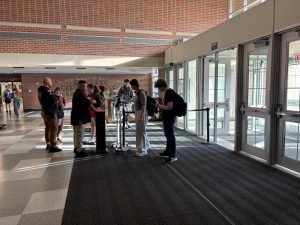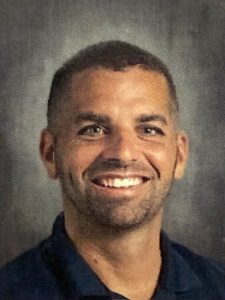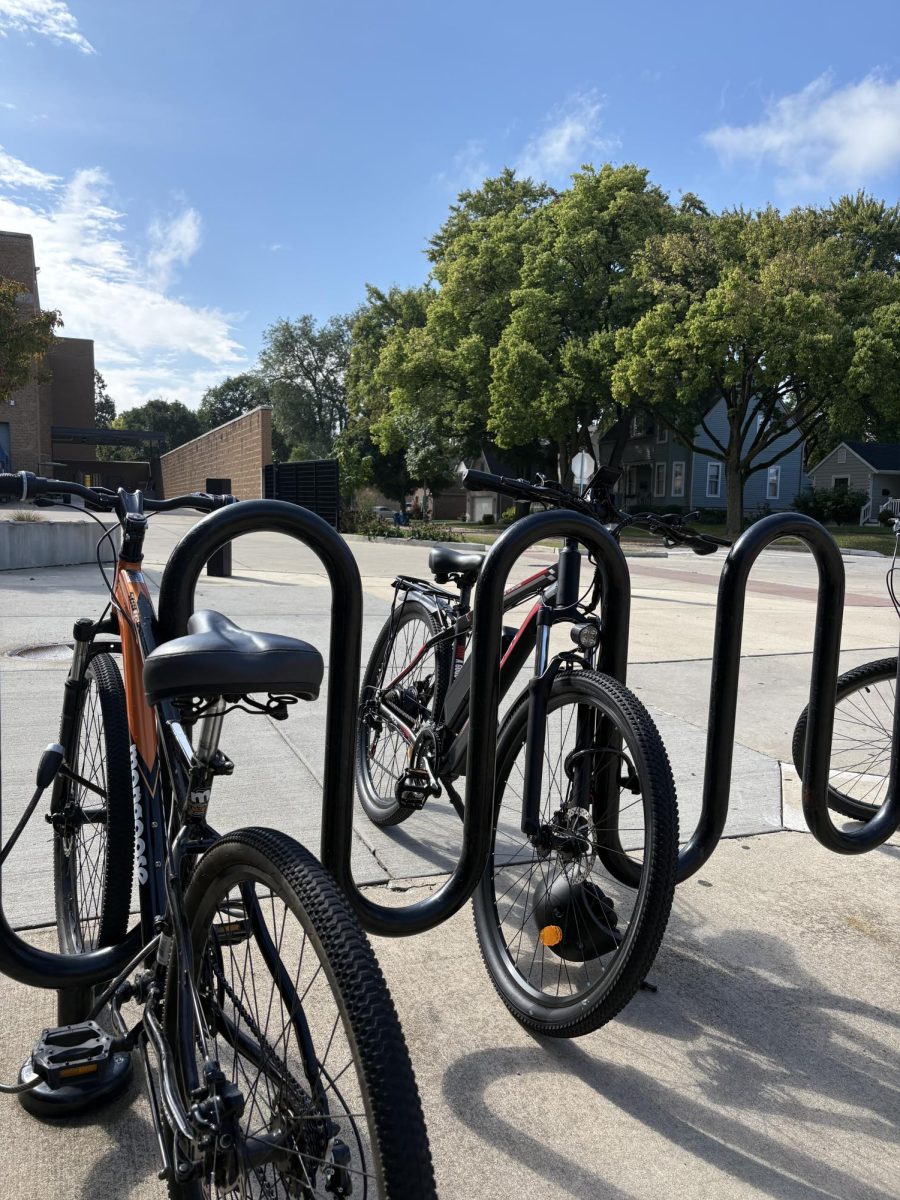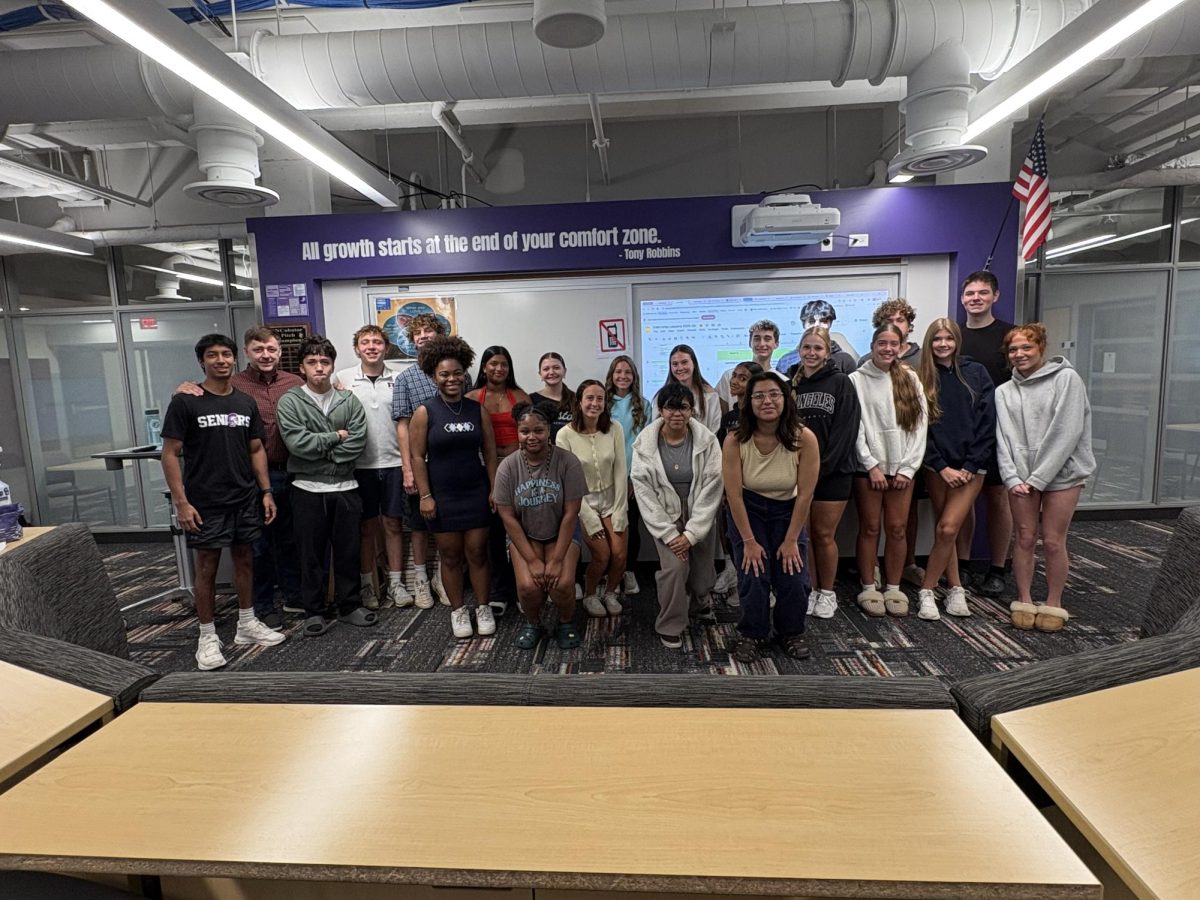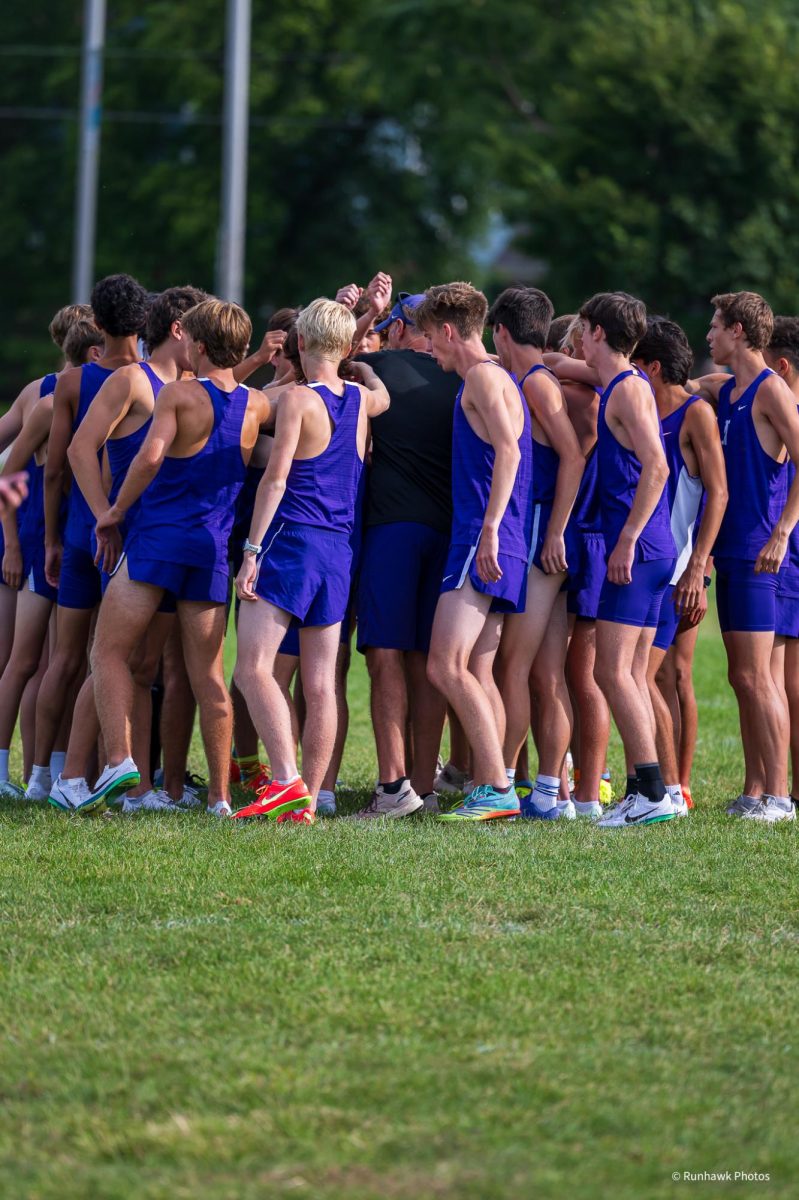Staff Editorial: Policy limits students’ freedom of speech
June 5, 2017
Eighteen editors cannot and should not represent the voices of over 2,000 students without being able to learn what they think. Being a part of the student newspaper without having the ability to communicate freely with the students we represent and inform severely impacts the quality and accuracy of the content we publish.
This year, The Omega chose to send fewer surveys to the student body due to the updated Board Policy 7.15. The Omega was instructed that all surveys covering any of the eight topics defined in the policy need the approval of the administration before being sent to all parents so that parents could opt their children out of these anonymous, optional surveys. These eight topics include a vague range of subjects including “beliefs”. Frankly, any opinion is a belief.
The recent changes to Board Policy 7.15 that sparked these struggles resulted from the federal statute called the Protection of Pupil Rights Act. This act requires schools to create policies, like 7.15, that address the rights of parents to withdraw their child from a required survey from a third party, the rights of parents to review the instructional material of their students, requirements to protect student privacy in surveys, etc. What is vague about PPRA is what surveys are subject to its guidelines. Principal Janice Schwarze used the Illinois Youth survey, a required in-school survey that collects private information and focuses on drugs, alcohol and mental health, as an example of a survey that needs to go through the approval process outlined in Board Policy 7.15.
By following this board policy, not only is The Omega losing the ability to accurately print the opinions of the student body, but the student body is losing the freedom to voice their opinions. One of the beliefs of this high school, as outlined in Board Policy 6:10, is that successful schools address students’ intellectual and emotional needs. The easiest way to understand what the students’ needs are is to ask them. When students’ opinions are blocked by administrators and parents, they lose the ability to express their needs.
A student is freely allowed to communicate with any other student without asking permission of any administrator or guardian on a regular basis. So why is this freedom dropped when these same questions are sent to all students instead of a select few? All surveys are student-to-student communications, something that happens everyday at a high school, yet the policy requires a parent’s permission before their student can answer a question. The Omega regularly covers important issues such as religion, politics, and beliefs regarding social norms. In these articles, students are interviewed on record talking about their opinions, without any parent or administrative approval.
The Omega serves partly as an outlet for the student body to give the administrators an idea of what the students really think. Without the student newspaper, there would be no way to communicate these opinions on the same scale and with the same accuracy.
In order to produce sound, journalistic articles, we must have the ability to collect accurate data. When writing newsworthy and cutting-edge stories, everything we could hope for as journalists, conducting surveys that fall under those eight categories is a common occurrence.
The goal of Board Policy 7:15 should be to protect the personal information of students from third parties or adults as the federal statute it is based on intends. A group of 18 students trying to represent the student body that we work so tirelessly to inform is not a group that students need parent and administrative protection from.
The idea that school has the right to hinder student-to-student communications is absurd. The policy not only undermines the rights of The Omega and other school publications, but it takes away the right of the students to decide whether they want to communicate with their peers.


